
During the night, the government said that the army chief, General Raheel Sharif, had been asked to play a “facilitative” role to end the deadlock between the government and protesters of the Pakistan Tehreek-e-Insaf (PTI) and the Pakistan Awami Tehreek (PAT). Shortly after, Gen Sharif met PTI chief Imran Khan and PAT chief Dr Tahirul Qadri — both of whom had set that very night the “final deadline” before they took their “next step” (no one knew what this step would be, and there was understandable apprehension). Both put off their deadlines, and held separate late night meetings with the Army chief. Predictably, the move to involve the army had extreme reactions.
The next morning, the government took to the floor of the National Assembly to respond to criticism. Both the premier and the interior minister held that the involvement of the army chief was done on the insistence of Imran Khan and Dr Qadri. The response by the PTI and the PAT was that the government was “lying”. Later, the army would also respond, perhaps unnecessarily, through a statement on social media, that the government had asked the Army chief to play a “facilitative role.” This then turned into an intense debate about whether the prime minister and his interior minister had “lied” and diverted from the actual matter at hand.
The real concern at the heart of the matter is dragging the Army into political controversies by political forces themselves in a country where such interference has long been identified as a problem. At the end of the day, whoever initiated this involvement, it is not as if the other party didn’t willingly accept it. If it was the PTI and the PAT that insisted on meeting the Army chief, then the government could easily have rejected the request. On the other hand, if it was the government that initiated this intervention, then Imran Khan and Dr Qadri are guilty of playing along. Both could have respectfully turned down the offer — as they have others. In fact, in a statement to the Supreme Court on August 30, the PAT praised the move. Then there is the acceptance of the role by the Army chief. Indeed, one can hold that the general was just following orders, and it was a bid to help the country come out of a prolonged crisis — but the Army chief could have politely declined. It’s not as if it hasn’t in the past.
All or any of the parties involved could both have said that they do not want the Army dragged into politics — especially in a matter that has turned as ugly and dirty as the current one has. They could have held that it was not the Army chief’s job and that the country’s armed forces, particularly its top brass, need to concentrate on a decisive operation currently underway in North Waziristan as well as mushrooming clashes along the border with India. But they did no such thing.
The outcome will be damaging for all of them. Not only has the government come out looking weak and unable to handle a crisis, it has also alienated many political forces standing behind them in this entire ordeal. The PTI’s and PAT celebration of the Army’s mediation has put a big question mark over their intentions, even among their sympathisers and neutral observers, and has only served to strengthen the argument that they want to derail democracy and involve non-democratic forces. For the Army, having its chief publically involved in this fracas opens it up to a lot of scrutiny and possible criticism.
The bottom line here is that political forces need to resolve political matters by themselves and band together to stave off non-democratic incursions in all shapes and forms. Only then will democracy truly move forward and flourish.
Published in The Express Tribune, August 31st, 2014.
Like Opinion & Editorial on Facebook, follow @ETOpEd on Twitter to receive all updates on all our daily pieces.
COMMENTS (1)
Comments are moderated and generally will be posted if they are on-topic and not abusive.
For more information, please see our Comments FAQ

















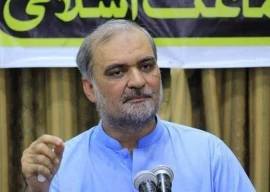

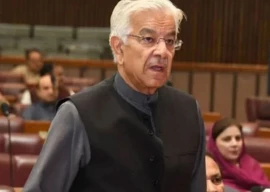
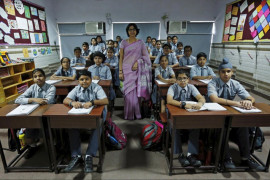
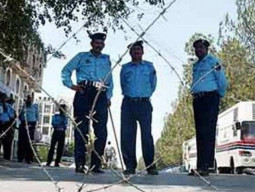




1714024018-0/ModiLara-(1)1714024018-0-270x192.webp)



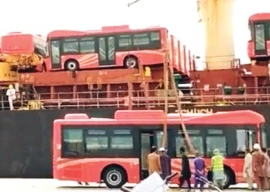






Incompetent PM, irresponsible opposition leaders, radicalized population, divided media, trigger happy army. With all this how can a country move forward. In this political noise no one has any time for the helpless IDPs who are living in tents. It will take a long time for Pakistan to come out of this mess. Present internal condition of Pakistan is worst in her history so far and still sliding down the hill very fast. Bad for entire region.